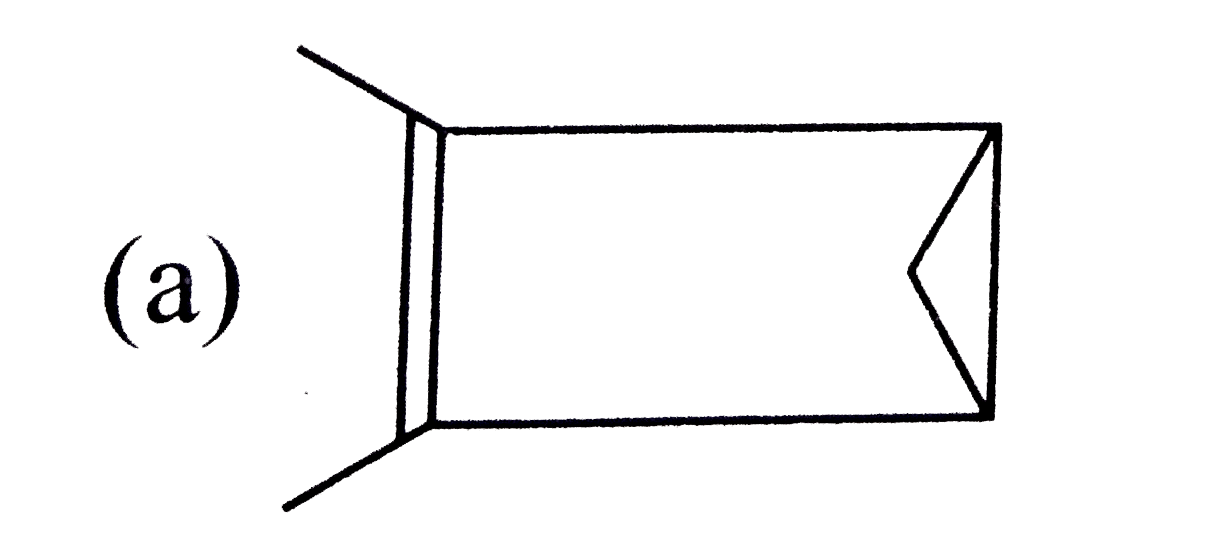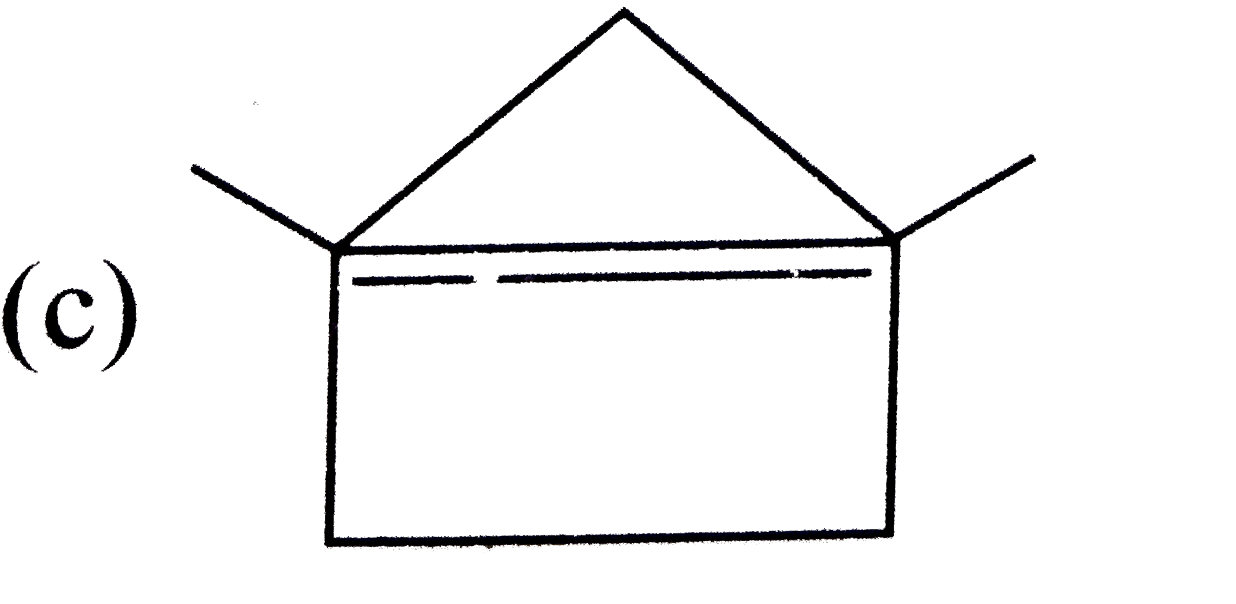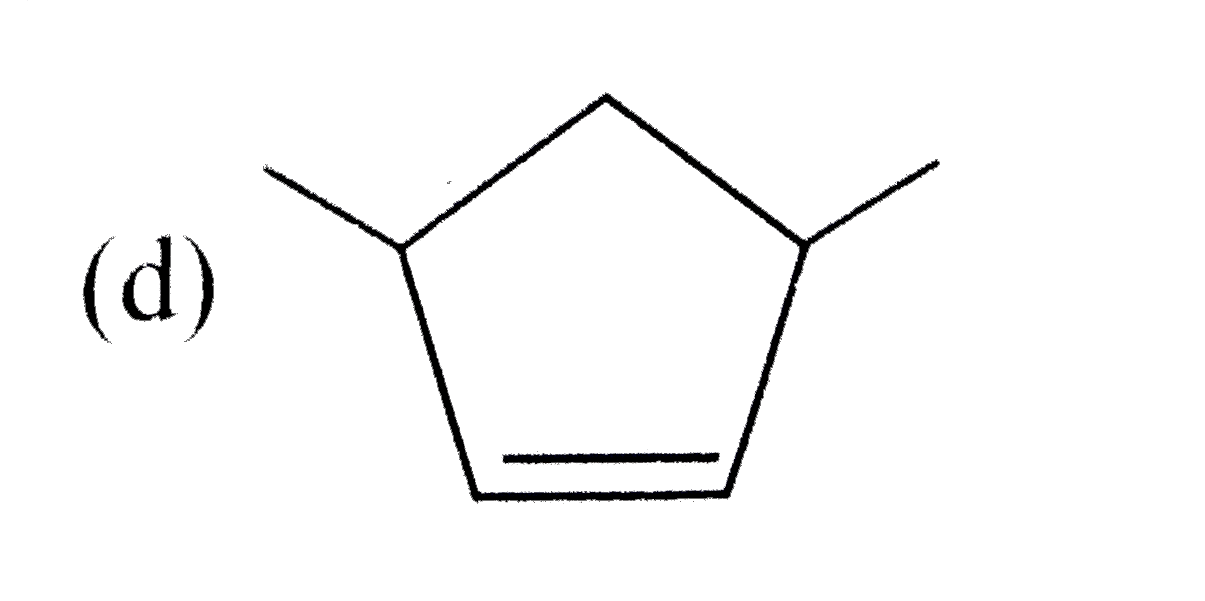A chemical reaction has catalyst X. Hence X
A
reduces enthalpy of the reaction
B
decreases rate constant of the reaction
C
increases activation energy of the reaction
D
does not effect equilibrium constant of the reaction
Video Solution
Text Solution
The correct Answer is:D
A catalyst does not change the equilibrium constant of a revertible reaction because it catalyses the forward as well as the backward reaction to the same extent by lowering the (Ea)f and (Ea)b to the same but it is reached earlier, A catalyst does not change the ΔrHƟ because it can't alter the energies of reactants and products.
|
Topper's Solved these Questions
- CHEMICAL KINETICSBOOK - R SHARMACHAPTER - CHEMICAL KINETICSEXERCISE - Archives
39 Videos
- CHEMICAL KINETICSBOOK - R SHARMACHAPTER - CHEMICAL KINETICSEXERCISE - Follow-up 6
2 Videos
- BIOMOLECULESBOOK - R SHARMACHAPTER - BIOMOLECULESEXERCISE - Archives
47 Videos
- CHEMISTRY IN EVERYDAY LIFEBOOK - R SHARMACHAPTER - CHEMISTRY IN EVERYDAY LIFEEXERCISE - Archives
11 Videos
Similar Questions
Knowledge Check
A chemical reaction is catalyst X. Hence X
Areduce ethalpy of the reactionBdecreases rate constant of the reactionCincreases activeation energy of the reactionDdoes not affect equilibrium constant of reactionIn chemical reaction , the catalyst :
Aalters the amount of productsBlower the activation of energyCdecreases ΔH of forward reactionDincreases ΔH of forward reaction Hence X is A
Hence X is A B
B C
C D
D
The rate of a chemical reaction increases by catalyst due
View SolutionAn exothermic chemical reaction is catalyzed by X . Which of the following statements is correct in this context?
View SolutionA chemical reaction has catalyst X. Hence X
View SolutionA chemical reaction has catalyst X. Hence X
View SolutionA chemical reaction is catalyzed by a catalyst' X'. Hence the catalyst 'X'
View Solution
